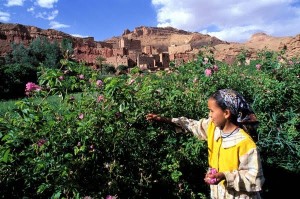Springtime in Morocco, Your Morocco Tour Guide
January 11th, 2015
In the depths of winter, once the end-of-year festivities are over, is a great time to plan a spring break. Just dreaming of longer, sunnier days makes the winter fade and the spring seem closer. And where better to travel in spring than Morocco? You will find agreeable temperatures, trees…


